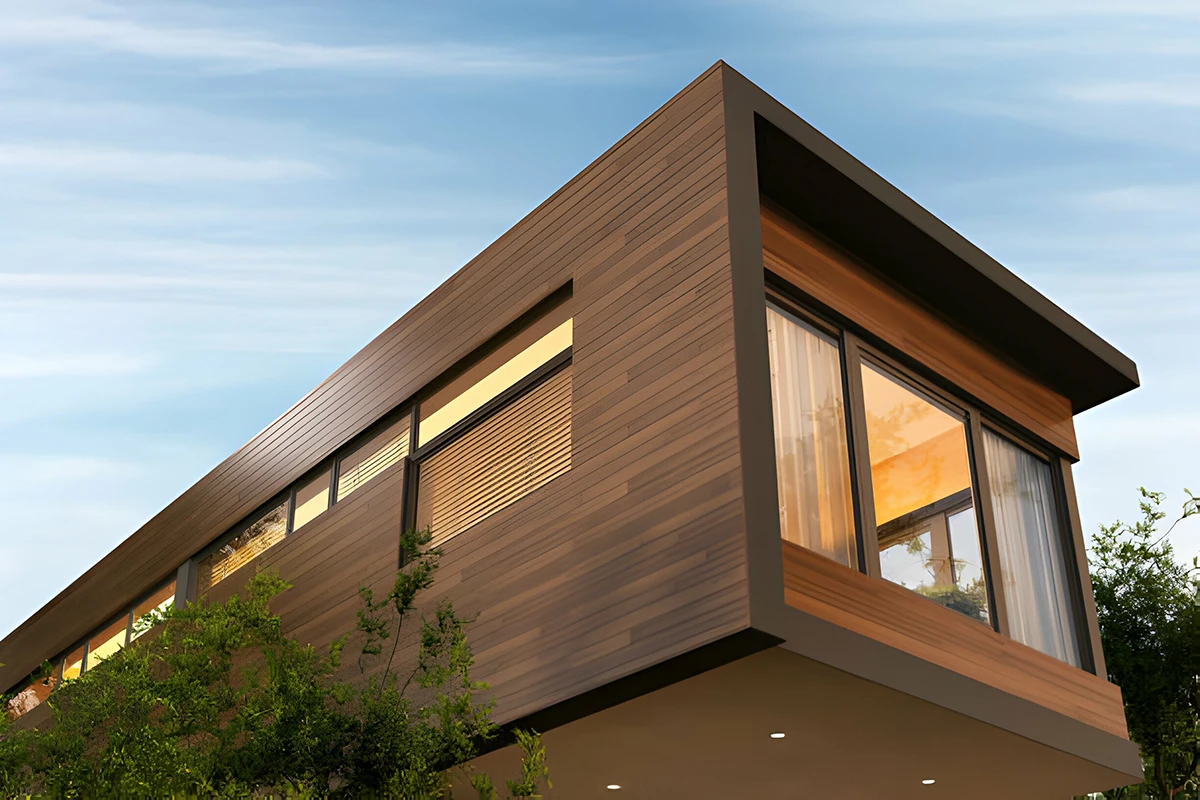Manufacture of wooden windows
Discover the benefits of having wooden windows
Warmth: Wooden windows provide a unique feeling of warmth and comfort. Unlike other materials such as aluminum, wooden windows maintain a pleasant temperature in winter and stay cool in summer, creating a cozy atmosphere all year round.
Health: Wood is a permeable material that allows for the exchange of gases between the interior and exterior, contributing to maintaining a healthy and refreshed environment at home. Unlike PVC, which can accumulate electrostatic energy and attract dust, wooden windows help prevent respiratory problems and humidity in rooms. Additionally, their good acoustic insulation reduces voice echoes, improves concentration, and facilitates deep rest.
With wooden windows, enjoy a cozy, healthy, and comfortable environment throughout the year.
Cost-saving:
Wood has the lowest thermal energy loss coefficient of all materials, meaning we need less energy consumption at home to cool (in summer) or heat (in winter) and maintain a constant indoor temperature, which depends on the degree of insulation of the material.
Wood is 1770 times more insulating than aluminum.
The cost of the annual electricity and/or heating bill will be between 7% and 18% cheaper if I have wooden windows with double-pane glass.
Beauty:
Although its function is to regulate the entry of light while avoiding weather conditions, it is treated as furniture.
New techniques, materials, machinery technology, and latest generation water-based varnishes make the typology possibilities extensive.
Aluminum ones, if they do not have a good thermal break chamber, condense water (sweat) especially in winter and can get "chipped".
Safety
Wooden windows have a better response to fire than any other construction material. When a wooden window burns, it does so more slowly, resisting without deforming for more than 90 minutes. This ensures the stability of the structure. The emissions produced during combustion are water vapor and CO2. The emissions from other products, such as PVC, are toxic and produce hydrochloric acid, CO (toxic gas), dioxins, and chlorinated compounds during combustion; in other cases, the window may deform, blocking the opening in case of evacuation.



